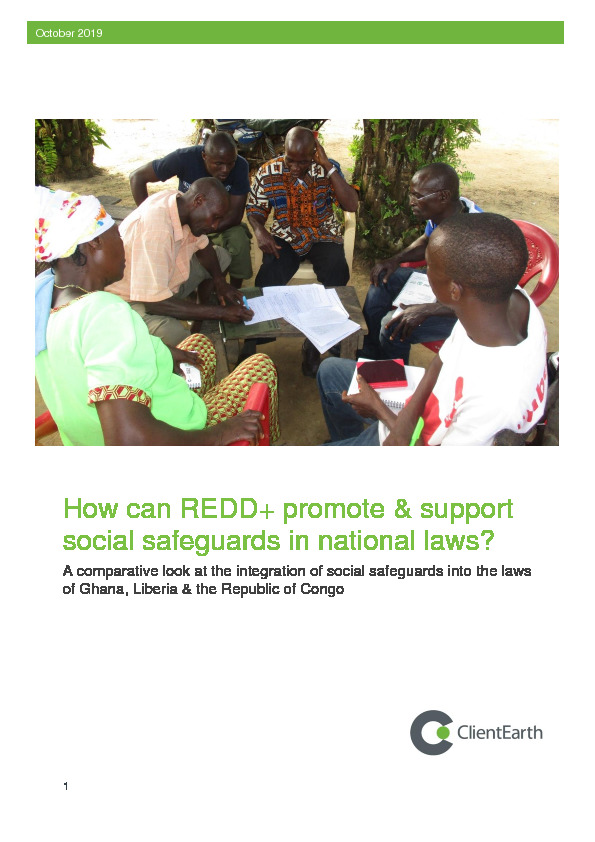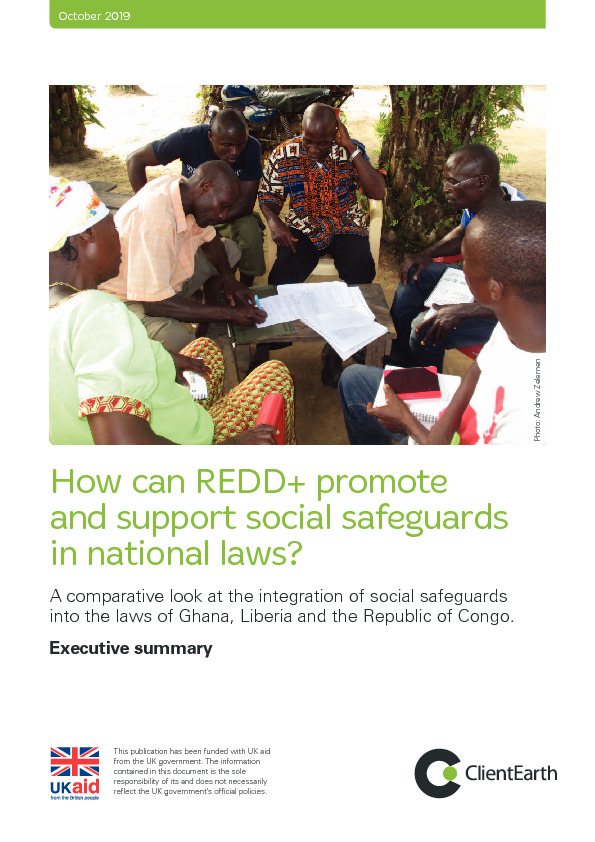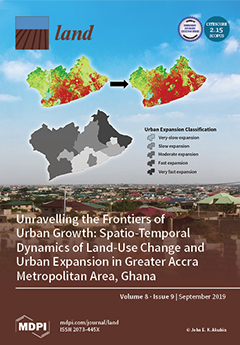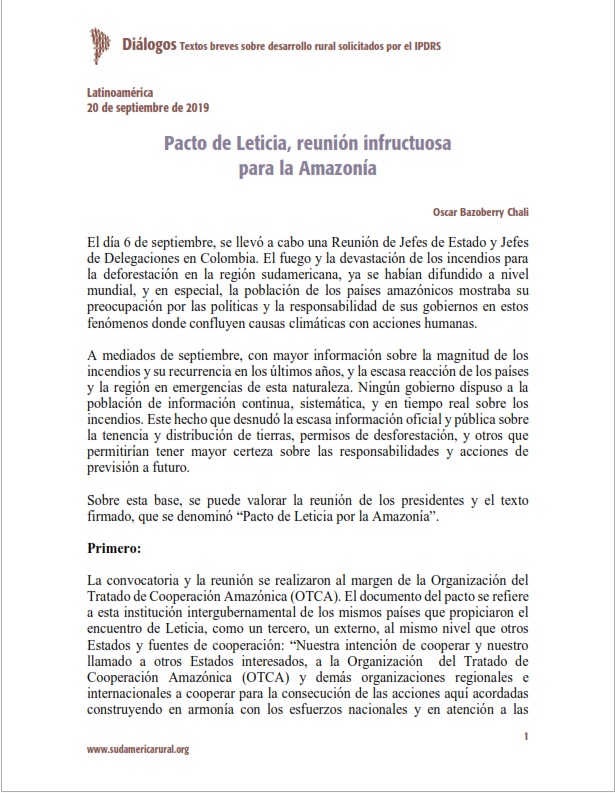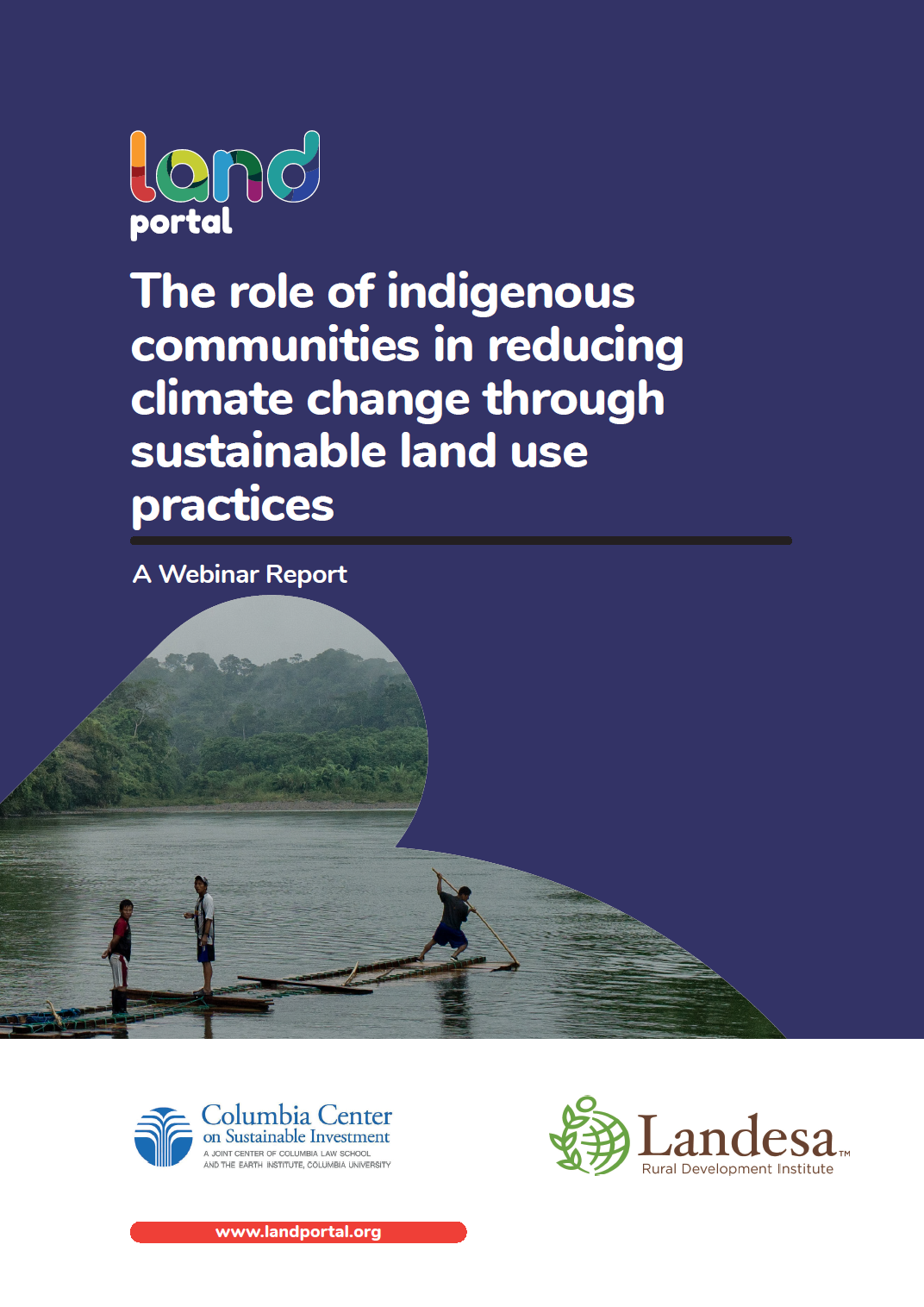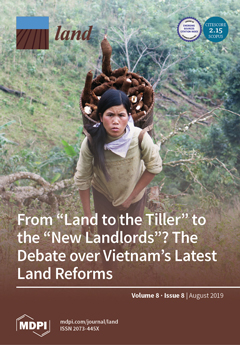How can REDD+ promote and support social safeguards in national laws?
In West and Central Africa, home to 25% of the world’s tropical forests, the climate challenge is set against the threat of deforestation. In light of this threat, national laws and regulations seek to protect, restore, and manage the use of these forests for national development.
International initiatives such as REDD+ (Reducing Emissions from Deforestation and forest Degradation) have identified that strengthening national laws to improve forest governance is an important tool to strike a balance between protection of forests and national development.

